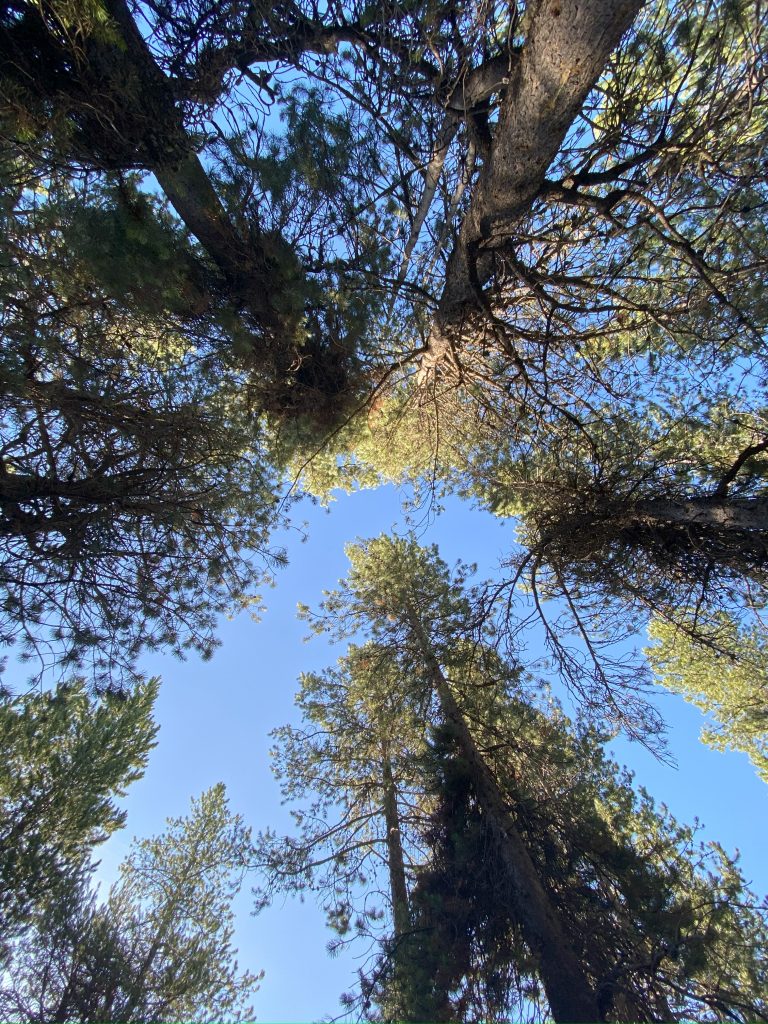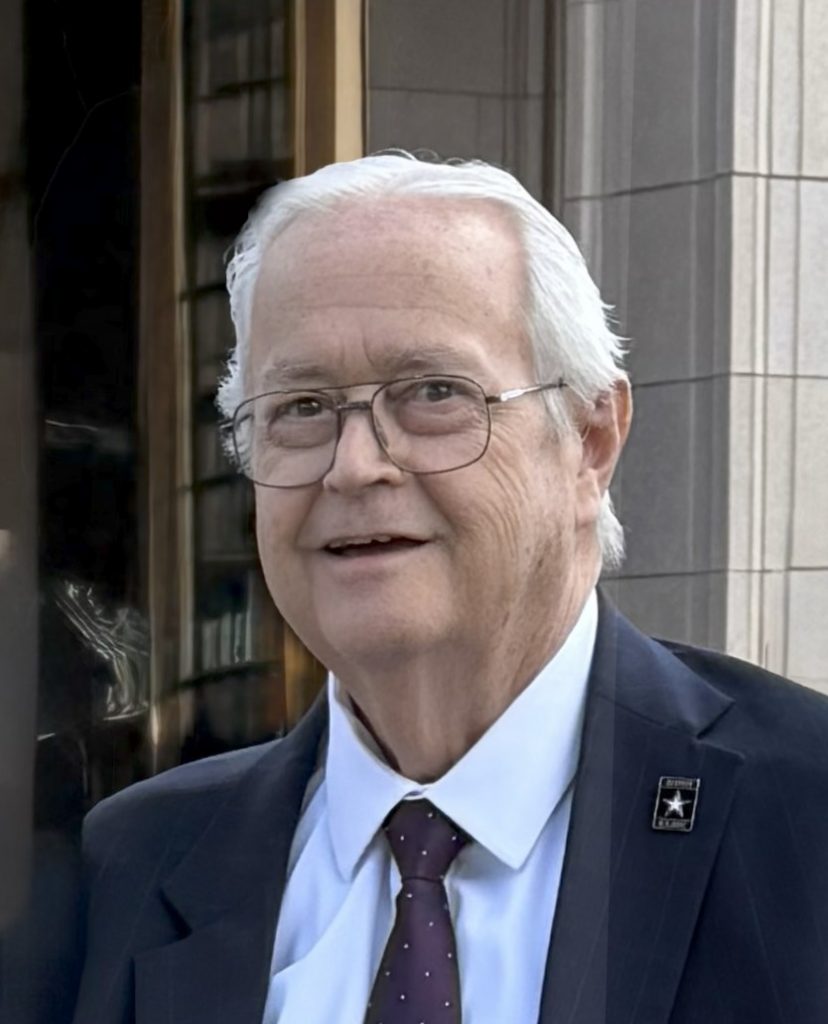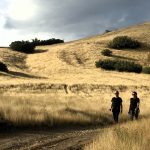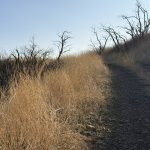
Wouldn’t it have been something—to have had an empathetic companion at every milestone? Not someone to fix it or tell us what to do, but someone attuned. A quiet witness with enough steadiness to say, “This is hard. You’re doing better than you think.”
From our first day of school to the last day we lived at home. From breakups to birth, aging, death.
From the moment we realized the world was more complicated than we thought—to the moment we realized we were.
It’s not just children who need guidance. Adults do, too. Especially when life becomes disorienting. We need someone to walk with us through transition—not with answers, but with presence. And that, I think, is part of what maturity asks of us: not just to grow up, but to grow kind. To become the sort of person who can walk beside others without flinching.
Recently, our family said goodbye to a parent who had aged and suffered. He was proud and private. But I keep thinking about how uncertain he was about passing on. He had questions none of us who gathered around him could answer.
With childbirth, there’s often someone nearby who’s done it before—able to coach, comfort, and encourage. With dying, we try to offer support, but our deepest empathies often fall short. We may have witnessed it, but we haven’t fully been there. Belief systems differ. Emotions tangle. Hope and doubt arm-wrestle in the dark, and we don’t always know what to say. We fumble. We fall silent. And still—we want to be there. To try.
Whenever I’m among old-growth forests, I can’t help but wonder what stories the trees have recorded in their rings. Winters and summers. Droughts and floods. All standing together as the hillside changed—from one covered with saplings to a shaded refuge beneath 100-foot sentinels. Arnica and Jacob’s ladder thrive in that shade—soothed by the whisper of wind through the needles.
I once heard that every blade of grass has an angel bending over it, whispering, “Grow, grow.”
There’s something sacred about that image. A voice of unseen encouragement. And I wonder—could we become that voice for one another?
Even small changes are signs of growth. I think of foods I once pushed aside—cilantro, tomatoes, sharp cheeses. Now I crave them. Somewhere along the way, my tastes changed. My resistance softened. Maturity shows up like that sometimes—not in big declarations, but in subtle shifts.
Because aging—physical, emotional, spiritual—isn’t just about decline. It’s also about softening. Becoming porous enough to receive—grace, tenderness, patience. But this kind of maturity doesn’t happen by accident. It’s shaped by self-awareness and compassion, by slowing down enough to see ourselves and others clearly.
That’s where kindness enters—not as performance, but as the fruit of wisdom. When we’ve lived long enough to know most people are doing the best they can with what they’ve been handed. When we begin to see not just behavior, but backstory. Not just reactions, but need.
Mature people aren’t simply more experienced. They’re more responsive. Less likely to dismiss. More likely to draw close. They become empathetic observers—anchored and awake—who understand that what most people need isn’t correction, but connection.
So maybe the goal isn’t just to grow up. It’s to grow gentle. To become someone who notices. Someone who remembers what it felt like to walk through that door for the first time. Someone who stays present at the thresholds.
And if we’re lucky, we become for someone else the thing we once needed most:
Not a critic. Not a fixer.
Just someone who sees.
Someone who whispers, “Grow.”
 In memoriam, Steve Coffin (1946–2025).
In memoriam, Steve Coffin (1946–2025).
May we learn to offer each other the presence we all deserve.





